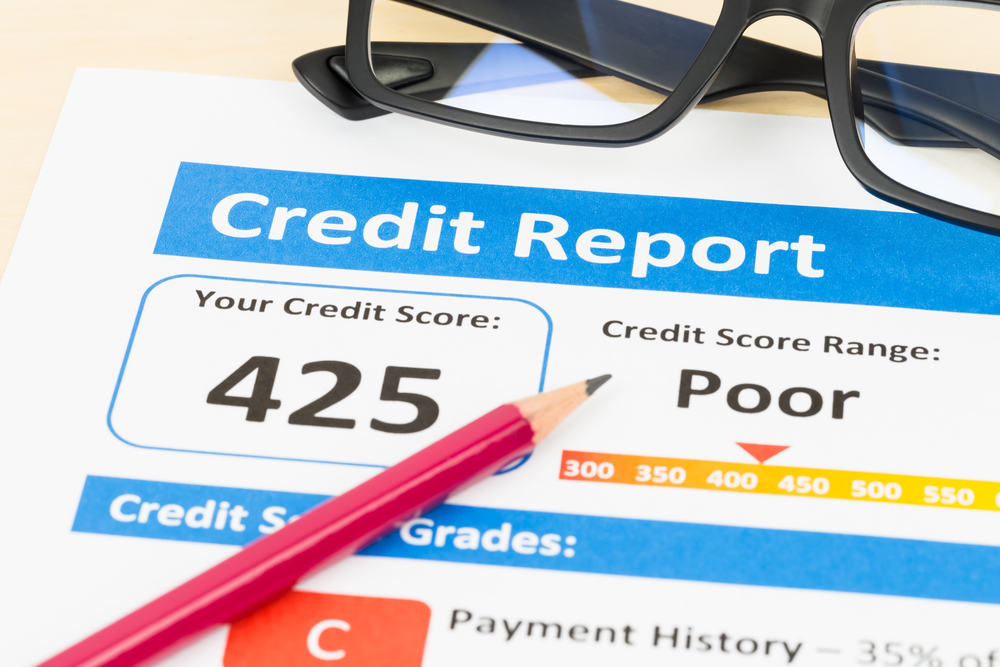How Does A Hard Money Loan Work?
It is quite common for people new to the real estate investing market to not quite understand all the jargon and terminology that is out there. One particular term is that of “hard money”, which continues to be very poorly understood. That said, more investors are trying to increase their understanding of this type of construction, which could suggest there is starting to be more knowledge of the inner workings of a hard money loan. Let’s take a look at just what it is, however.
Just What Is Hard Money?
In most cases, a hard money lender (HML) is not a bank or traditional financial institution, but rather a small group of investors or even an individual.
Hard money lenders are companies that loan money to fund real estate investor transactions for the short term.
Essentially, the money they lend you is based not on your credit score and ability to repay a mortgage over a long period of time, but rather on the value of the property that you want to buy. Percentage-wise, they are far more expensive than traditional mortgages. However, because they are short term loans, usually only for a few years rather than the 25-year average of a mortgage, they can be quite affordable, so long as you know what you are getting into, and you use the loans properly.
Who Needs a Hard Money Loan?
The two most common types of people who look for hard money loans are property developers and fix and flip investors.
Fix and flip is really a slang term to describe a type of real estate investment deal. The fix part is where a real estate investor purchases an undesireable single family home below market value and does some repairs to the property in order to make it more appealing. The idea is to significantly increase the market value of the property with the minimal expense possible so that the home can be resold for profit.
They use it to fund interesting deals, because it is quite common to be able to get a 100% finance deal with hard money loans. However, in order to get this type of loan, you are likely to have put down a number of important assets. You have to be able to prove that you have a property that you will be able to sell for a profit very rapidly, and most lenders will also want to know why you can’t get a regular mortgage. It is common for new investors to use hard money to get their first property so that they can get started with investing. Others take out a hard money loan, fix a property, and then get a regular mortgage to pay off the hard money loan but keep the property.
What this all means is that a hard money loan allows people to have quick and easy access to significant sums of money, without having to jump through red tape and complex bureaucratic hoops. Indeed, perhaps the greatest benefit of the hard money loan is how quickly you can get hold of funds.
They have lightning-fast approval times (which in reality is around five days). When you get your money faster, you’ll be able to jump on the best deals instead of watching them slip away.
If you do require funds as quickly as that, then it is best to find a local hard money lender. This is because many will want to meet you in person, and they will also want to see the property, particularly if they do not know you yet. Once you have that relationship in place, however, things can move very quickly. In fact, a lot of hard money loans do not require you to complete an appraisal of the property, and the only cost associated is that of the origination fees.
Naturally, different lenders have different rules and regulations in place. You can find a hard money lender that will charge you around 12% in interest and as little as 1% origination fees for a loan of at least one year, or 2% origination fees for loans of shorter duration. If you look properly, you might even be able to find a lender who doesn’t charge any origination fees at all. However, not all hard money lenders are created equally. You must understand that they are a type of secondary investor. You invest in property, make changes, and make a profit. They invest in you, while you make those changes, and they profit. It is a very easy way to make a passive income, therefore, for those who have those types of funds available. Unfortunately, therefore, it is also a sector that lends itself to some underhanded tactics and you do have to be careful to not fall prey to a loan shark, which is a very dangerous situation.
Loan sharks often have ties to organized crime or other gang type activity. If you turn one in to the police, you might be answering to some very angry friends of theirs. At that point, paying the debt will be the least of your concerns.
If a deal seems a little bit too good to be true, or too easy to access, you need to be careful. This is particularly true for your very first hard money loan. Once you have had one successful transaction, you will have a relationship in place that you can build on. Because these lenders need you to make their money, they will usually be happy enough to provide you with loans time and time again.
So what should you look for in a good hard money lender? Usually, they will charge around 13% in annual fees, as well as around 5% origination. However, this does depend on which state you are in. Some will also ask you to pay a commitment fee, which may seem like an unnecessary expense, but may actually be really good protection for both you and them. Do your research, and you should be able to get a really good loan product.
[/column]










